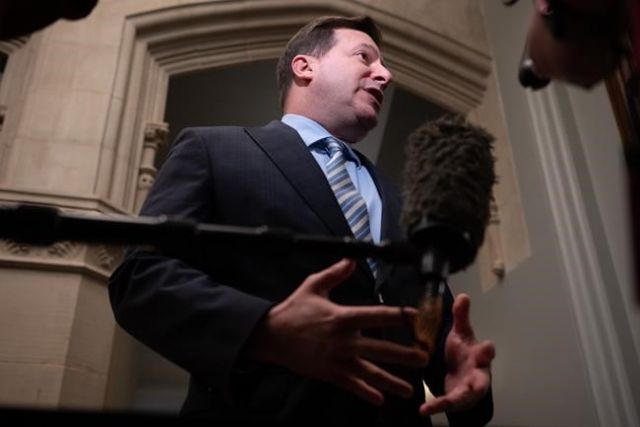
Charities operating in Afghanistan have found loopholes in Canada’s «broken» terror laws, which have caused them to seek alternative ways to operate in the country. Groups such as World Vision Canada and Islamic Relief say that the laws have forced them to halt operations as it has become increasingly difficult to find workarounds. Furthermore, they claim that the laws have put them at risk of prosecution for financially supporting a terror group. Canada has fallen behind its allies in making changes to allow citizens to deliver aid in Afghanistan without contravening terrorism laws. Despite the Liberals tabling a bill that would enact a system in which groups can apply for exemptions, charities argue that this will delay the delivery of aid and lead to staff switching jobs. Charities also warn that the proposed Bill C-41 will deter staff from wanting to continue working for their organization because of concerns around the storage and use of personal data. Furthermore, Canada’s vague terrorism laws mean that charities are operating in a system that is far less transparent than those of peer countries, with no identifiable methodology for identifying terrorist groups.
Charities have expressed concern over Global Affairs Canada’s warning that purchasing goods or hiring locals would involve paying taxes to the Taliban. However, Doctors Without Borders has been operating in Afghanistan using Canadian donations, believing that international humanitarian law covers the work they are doing. Islamic Relief has diverted donations from Britain to pay the Taliban taxes, so that Canadian donations did not end up in the coffers of the terrorist group. In the US, non-governmental organizations risk having their bank accounts frozen or their offices closed by the Taliban if they do not divert money to the group. The Taliban generate income from aid by imposing customs charges on shipments and charging taxes and fees directly on NGOs.
In Canada, a proposed bill that would bar exemptions for anyone who «has any links to a terrorist group» has come under fire from multiple witnesses and MPs, who say that it could be applied to aid workers who negotiate access to areas held by terrorists. There are calls for Ottawa to pursue both a blanket exemption for humanitarian groups and a waiver system for development groups. The International Civil Liberties Monitoring Group argues that Canada should get to the root of the problem by narrowing the scope of its terrorism laws.